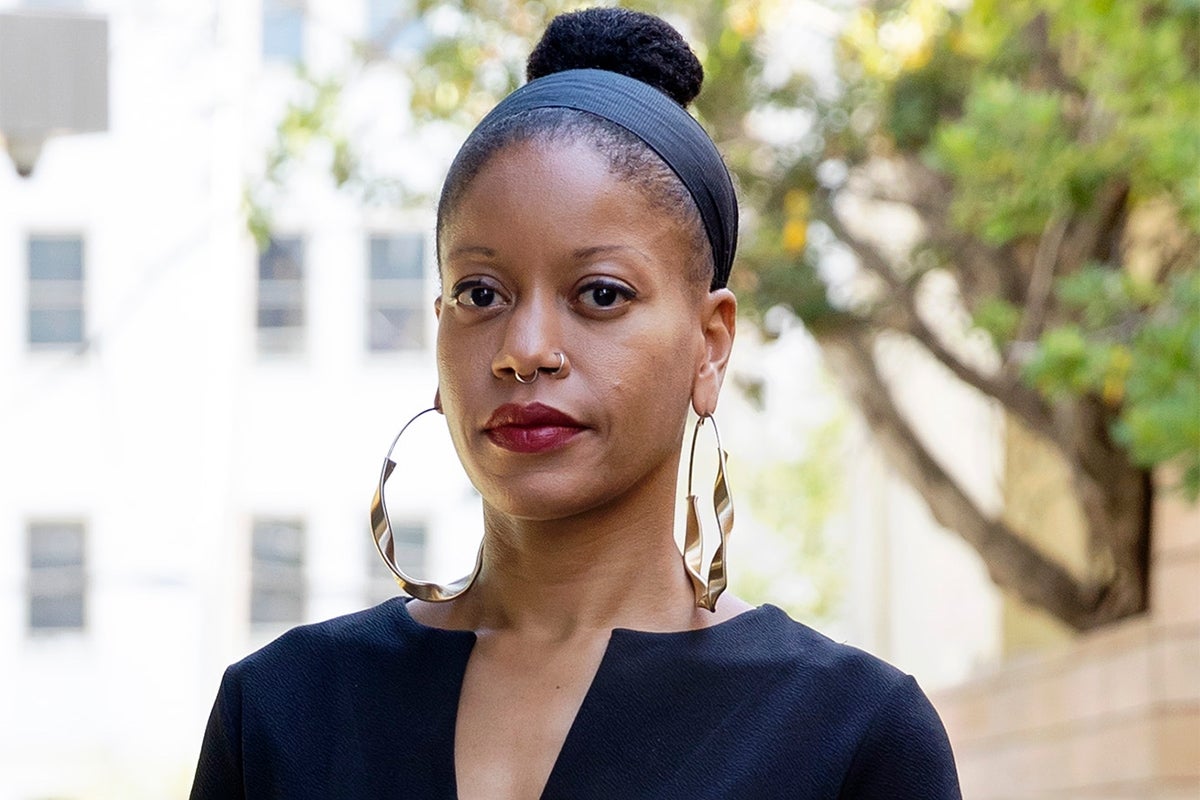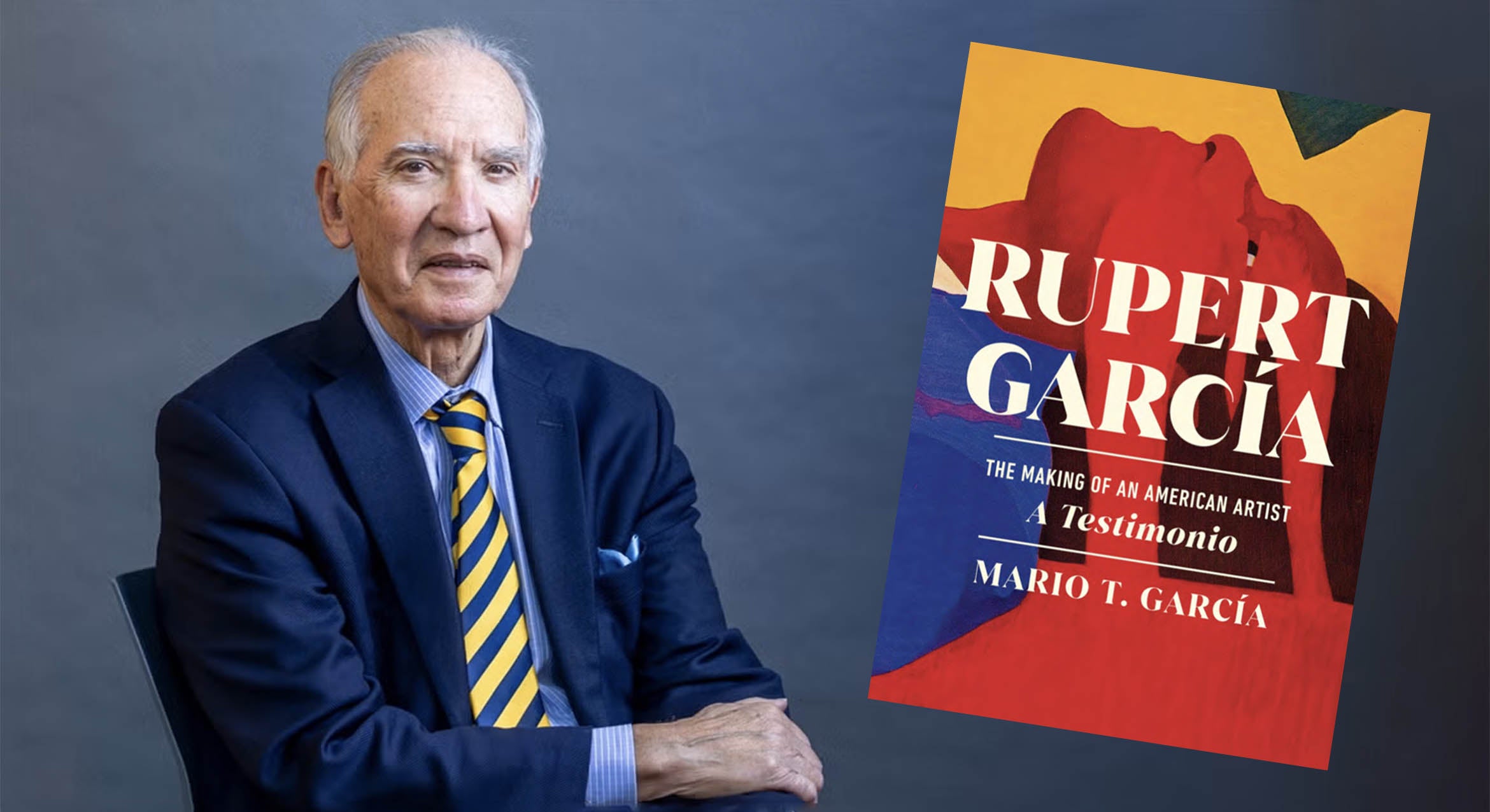Visiting law scholar to discuss race at the Supreme Court
At the highest level of legal opinion in the U.S., what “counts” as racism against people of color remains stuck in the past — and according to visiting scholar Khiara M. Bridges (pictured), it’s this position that produces Supreme Court rulings that are both impoverished and regressive.

To present her position that the Supreme Court’s “constrained understanding of racism” permits the justices to do nothing to destabilize and disestablish existing racial hierarchies, Bridges will be at UC Santa Barbara to discuss “Race in the Roberts Court: Dobbs v. Jackson Women’s Health Organization.”
Among other points, the author and UC Berkeley School of Law professor will argue that only when the justices see resemblances between present-day harm and the racism of the past will they provide relief; moreover, if they see no similarities, they provide no relief.
When confronted with a claim of racial discrimination, Bridges contends, the court appears to be simply determining whether the alleged discrimination resembles what the country did in the pre-Civil Rights Era. She will base her lecture on the 2022 decision in Dobbs v. Jackson Women's Health Organization, the landmark ruling that reversed the constitutional right to abortion, overturning Roe v. Wade (1972) and Planned Parenthood v. Casey (1992).
Free and open to the public, the event is presented by the Walter H. Capps Center for the Study of Ethics, Religion, and Public Life series on ethics and public policy. Bridges’s talk begins at 4 p.m., Jan 19, at Henley Hall.
Event co-sponsors include the departments of Black Studies and Feminist Studies, the Feminist Futures, Health Humanities and Legal Humanities initiatives and Santa Barbara Women's Health Coalition.
Keith Hamm
Social Sciences, Humanities & Fine Arts Writer
keithhamm@ucsb.edu



